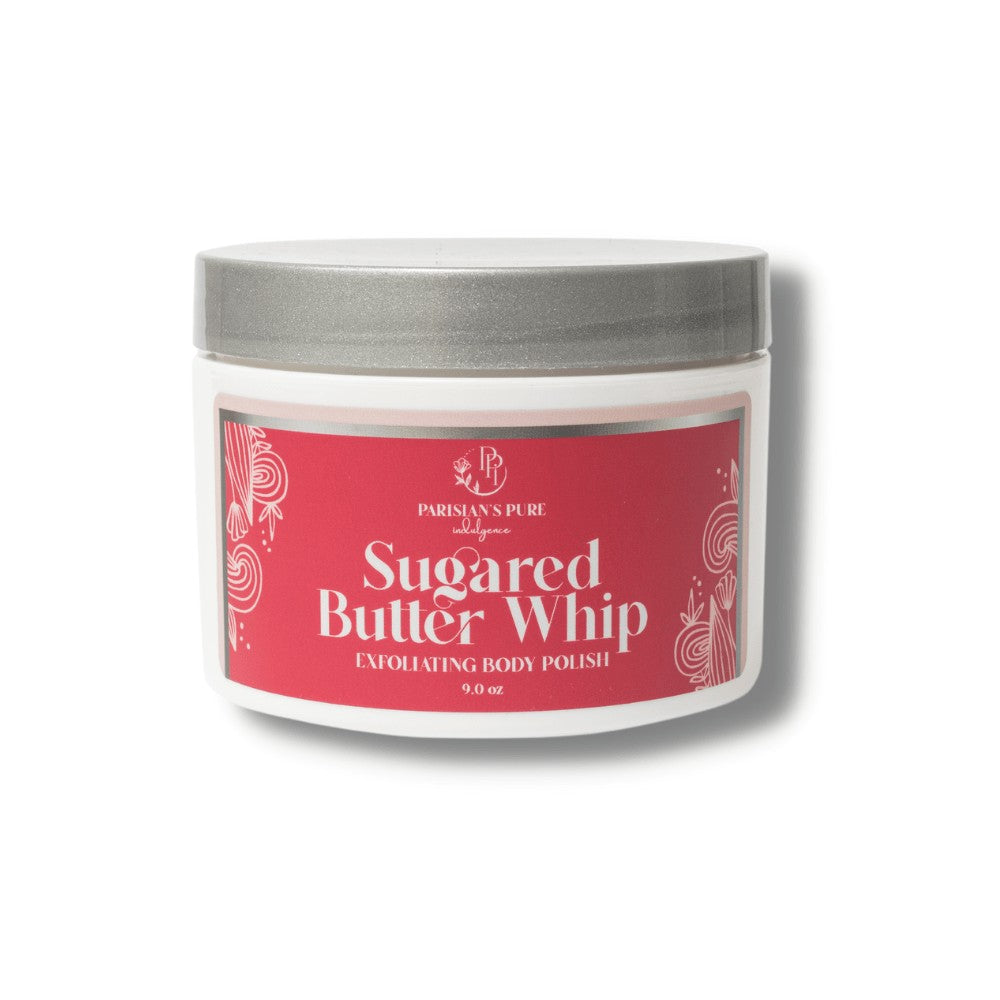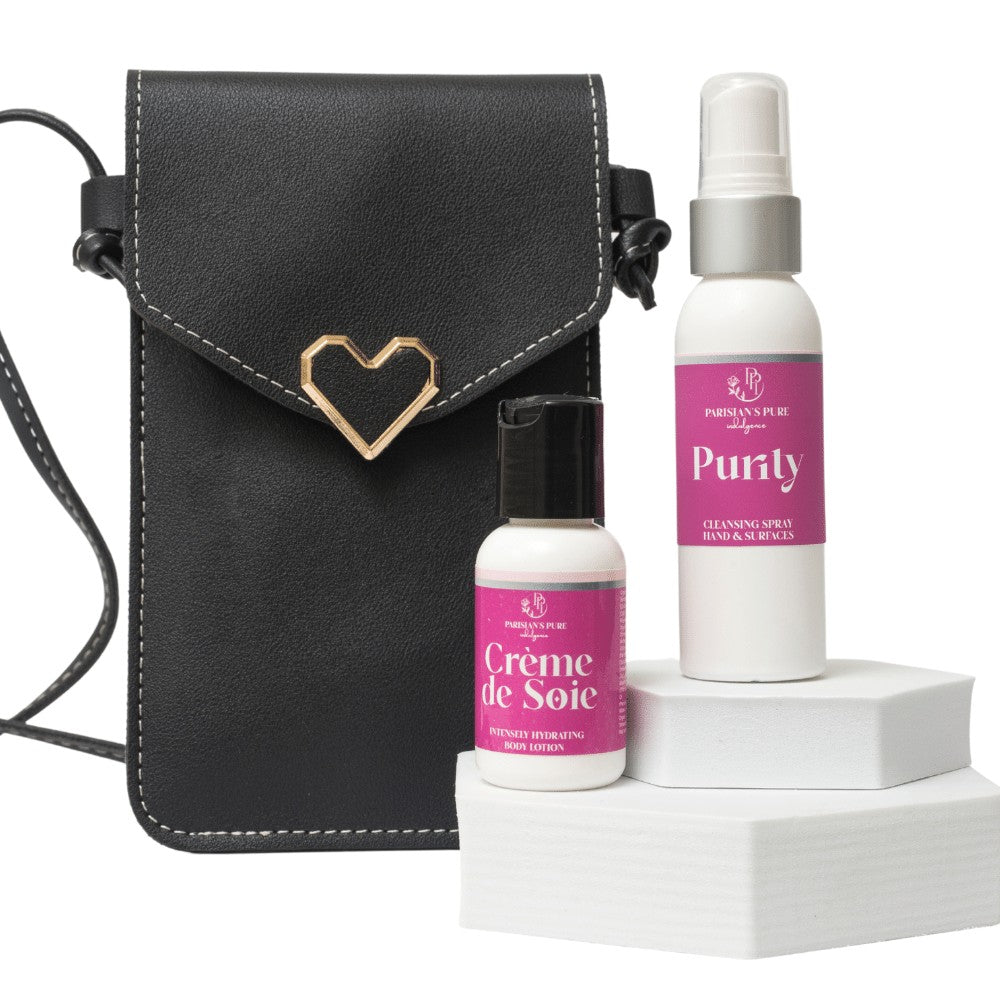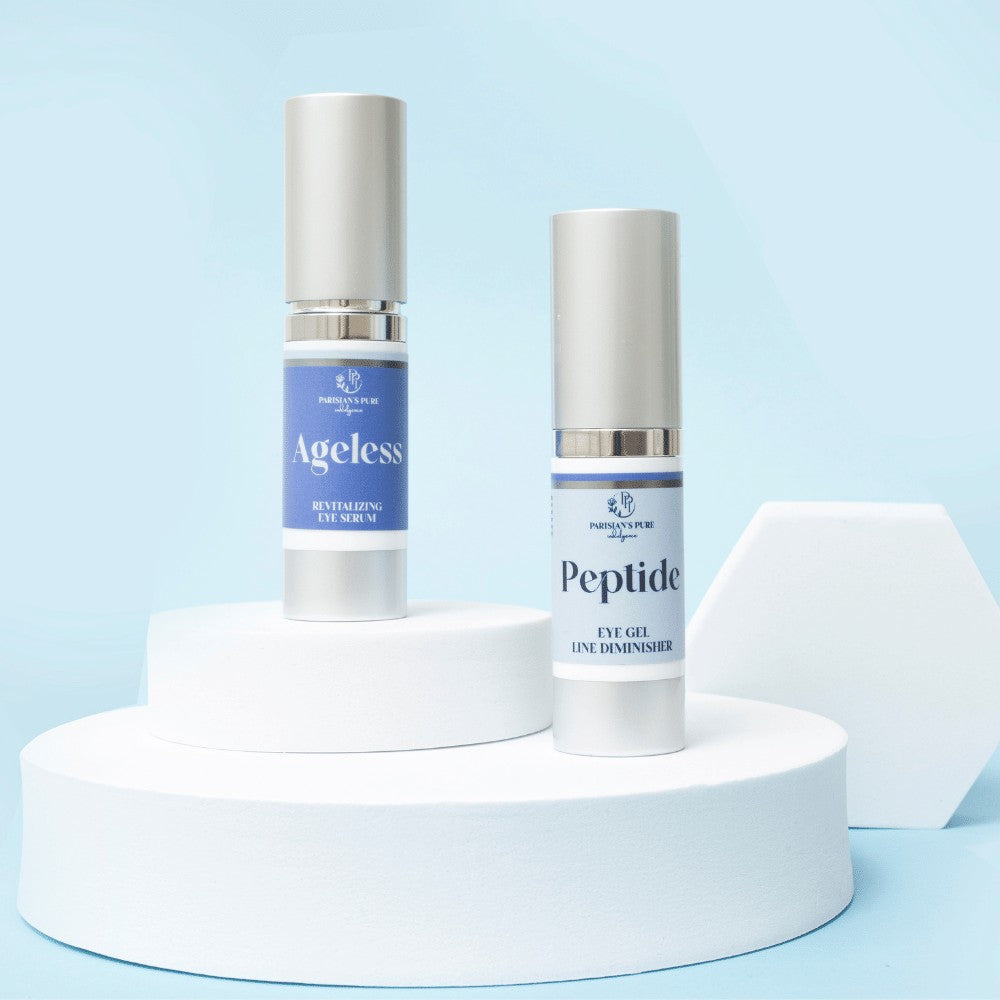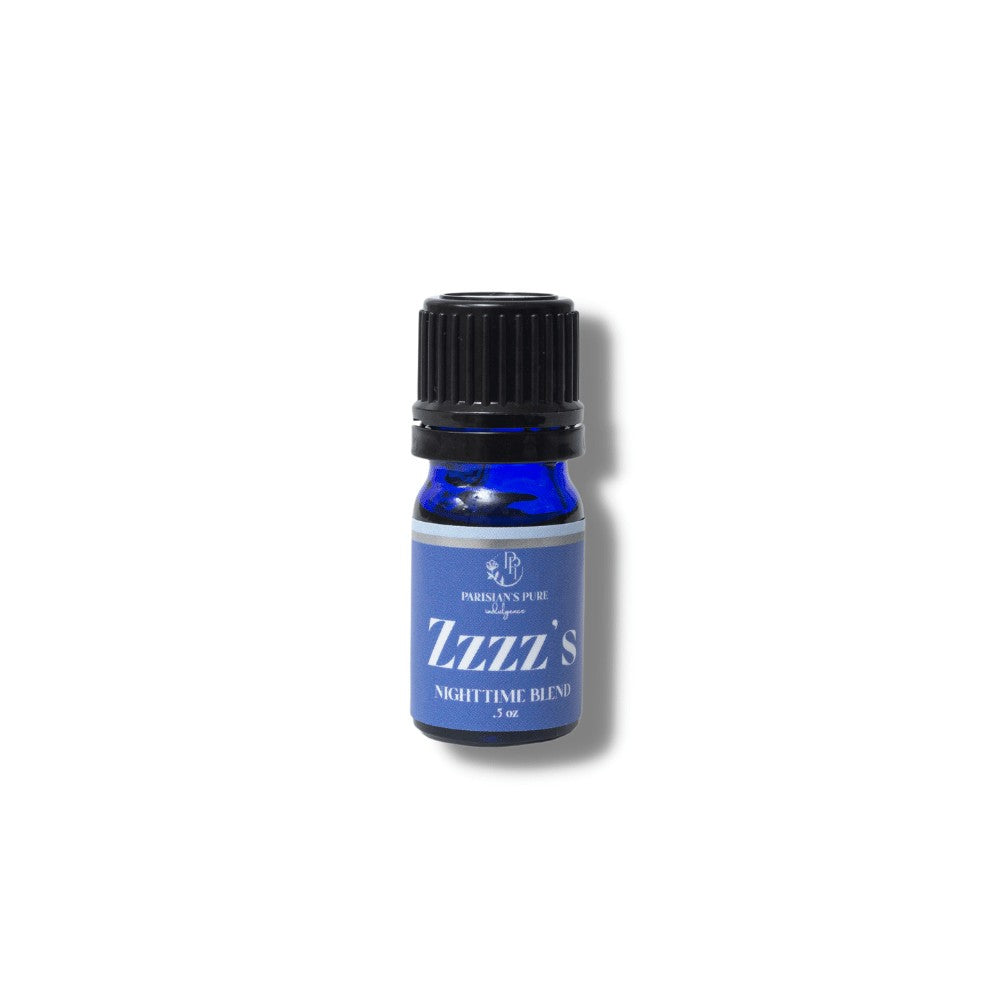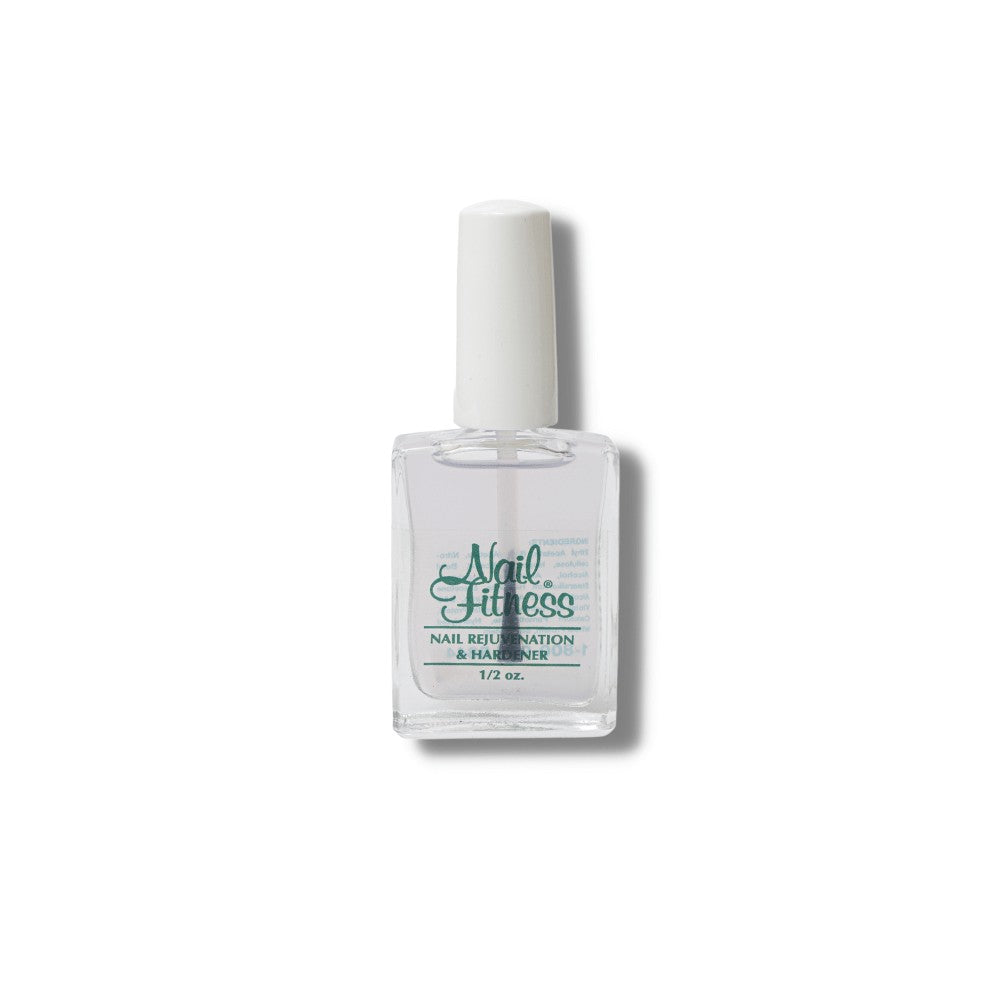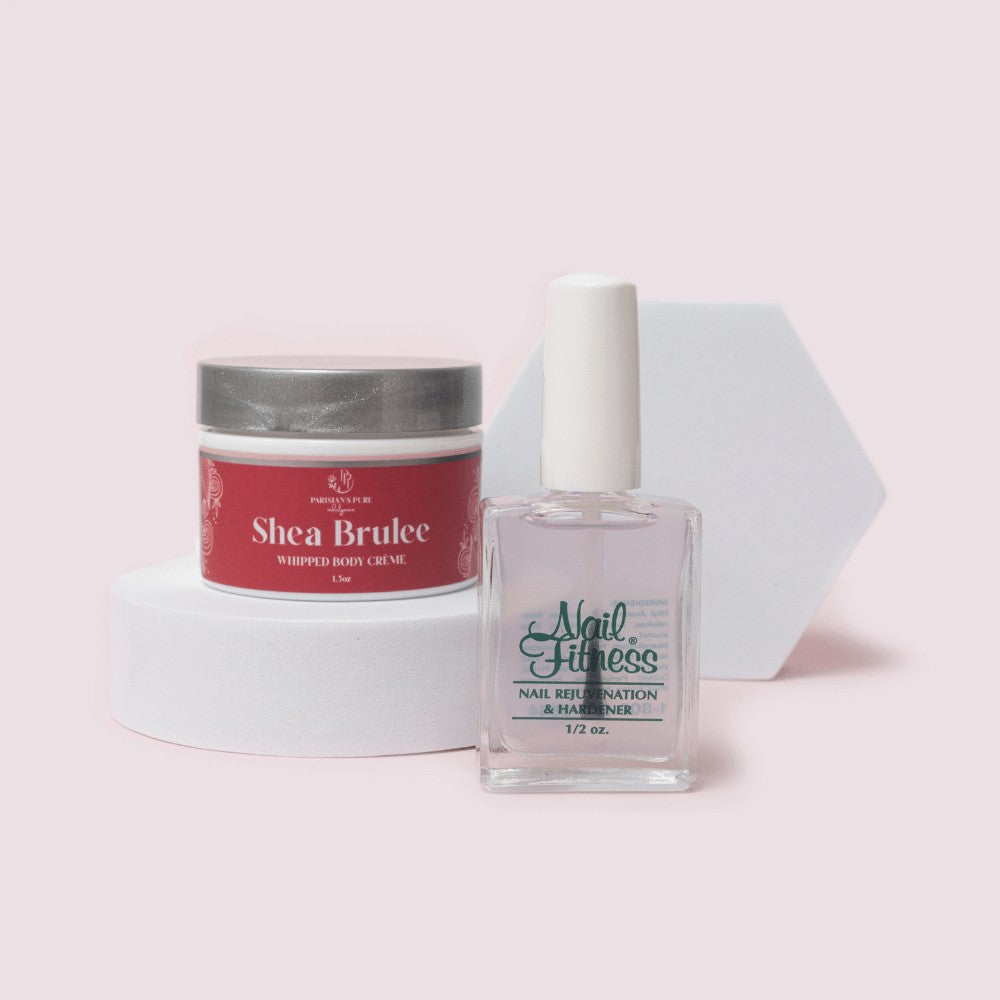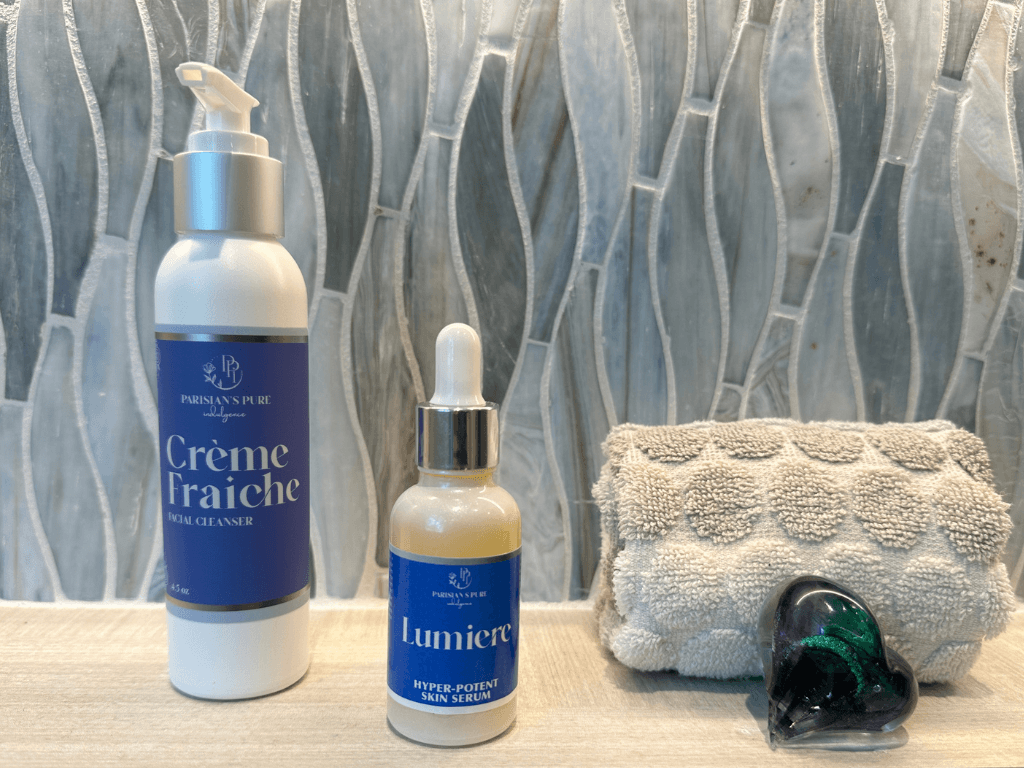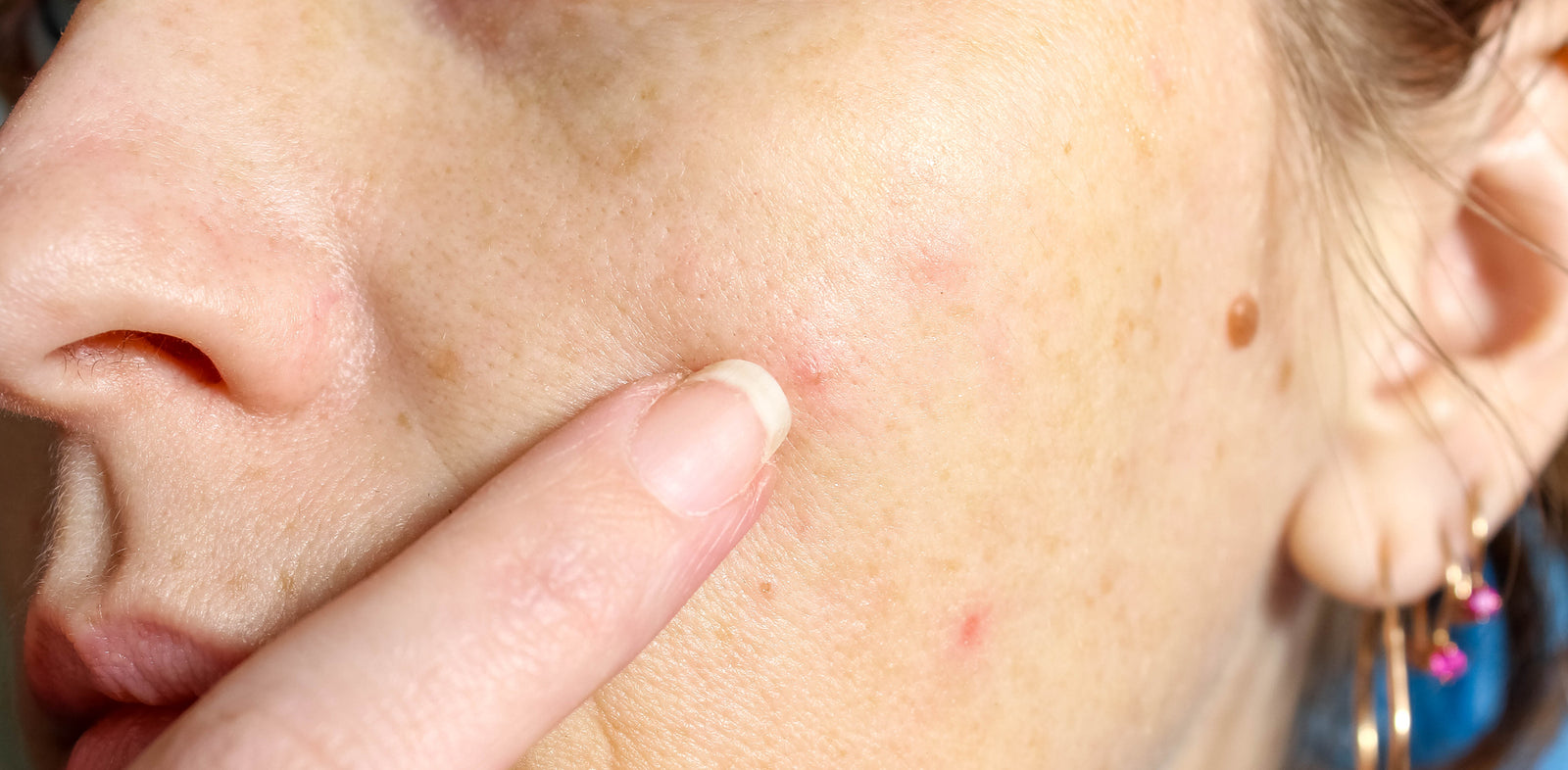How to best hydrate dry skin
Maintain a Healthy Skin Barrier:
- Gentle Cleansing: Avoid harsh soaps and cleansers that can strip away natural oils. Consider a cleanser with honey. Honey's humectant properties allow it to penetrate the skin's layers and hydrate it, resulting in softer, plumper skin.
- Moisturize Regularly: Use a moisturizer that suits your skin type to keep it hydrated and supple.
- Sun Protection: UV rays are a major culprit in damaging the skin barrier. Use sunscreen daily with SPF 50.
- Healthy Lifestyle: Diet, sleep, and stress management all play a role in skin health. Aim for a balanced diet, prioritize sleep, and manage stress levels for optimal skin barrier function.
- Oil-based Serums: Oil based serums mimic skin's natural oils, which are essential for maintaining moisture. A good oil-based serum containing natural oils such as jojoba oil, squalane, and argan oil replenish lost oils and supplement your skin's natural oils, improving moisture and reducing dryness. They help strengthen the skin barrier, which helps prevent further moisture loss.
To best prevent dry skin, we believe an oil based serum is crucial for protecting our skin's barrier. Here's why:
1. Locks in Moisture: Oil-based serums create a protective layer on the skin's surface. This layer traps water in the skin, preventing evaporation and keeping it deeply hydrated longer.
2. Deep Hydration: Unlike some lightweight moisturizers, oil-based serums can penetrate deeper into the skin. This allows them to deliver hydration to the lower layers, where it's most needed for dry skin.
3. Soothing and Nourishing: Many oil-based serums contain additional ingredients with anti-inflammatory and antioxidant properties. These can soothe irritation and redness often associated with dry skin, and protect the skin from further damage.
But, I have oily skin and don't want it to be oiler!
While it may seem counterintuitive, using an oil based serum or moisturizer is exactly what oily skin craves. Some believe you should overwash, over-exfoliate and only use water-based skincare products for their oily skin.
The Problem with this thinking is...
Oily skin needs to be properly hydrated too, not overwashed. The urge to scrub away excess oil is strong. Aggressively getting rid of the natural sebum, or oil, in your skin can actually signal your body to produce even more oils.
To fully understand dry skin and how we can best hydrate it, it's important to understand the role of our skin's barrier.
The skin barrier is often referred to as our body's first line of defense, and for good reason. It's a complex ecosystem made up of skin cells and lipids (fats) that acts as a shield against external threats and helps maintain healthy internal functions.
Why a healthy skin barrier is so important in preventing dry skin:
Protection from External Threats:
- Environmental Aggressors: Pollution, harsh weather conditions (wind, sun, extreme temperatures), and even dry air can damage the skin barrier. A healthy barrier helps prevent these from causing irritation, inflammation, and dryness.
- Pathogens: Bacteria, viruses, and fungi can all wreak havoc on your skin. The skin barrier acts as a physical barrier to prevent them from entering your body and causing infections.
- Allergens: For those with sensitive skin, a compromised skin barrier can allow allergens (substances that trigger an immune response) to enter and cause irritation, redness, and itching.
Maintaining Internal Functions:
- Hydration Regulation: The skin barrier plays a crucial role in keeping your skin hydrated. It helps prevent excessive water loss and keeps your skin feeling plump and supple.
- Nutrient Delivery: The skin barrier allows essential nutrients from your body and skincare products to reach deeper skin layers, promoting healthy cell function and repair.
- Microbiome Balance: The skin barrier plays a role in maintaining a healthy balance of microorganisms on your skin's surface. This microbiome helps protect against harmful bacteria and contributes to overall skin health.
Now that we understand the role of our skin's barrier, it's important to know how to best protect it.
Consequences of a Compromised Skin Barrier:
- Dryness & Dehydration: When the barrier is compromised, it loses its ability to retain moisture, leading to dryness, flakiness, and a rough texture.
- Increased Sensitivity: A damaged barrier allows irritants and allergens to penetrate more easily, triggering sensitivity and inflammation.
- Skin Conditions: Chronic skin conditions like rosacea, eczema and psoriasis are often linked to a compromised skin barrier.
By understanding the importance of a healthy skin barrier and taking steps to protect it, you can achieve deep skin hydration and ditch the dryness!

